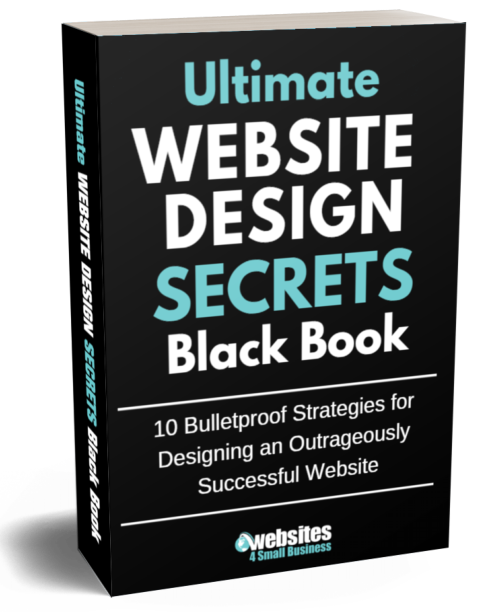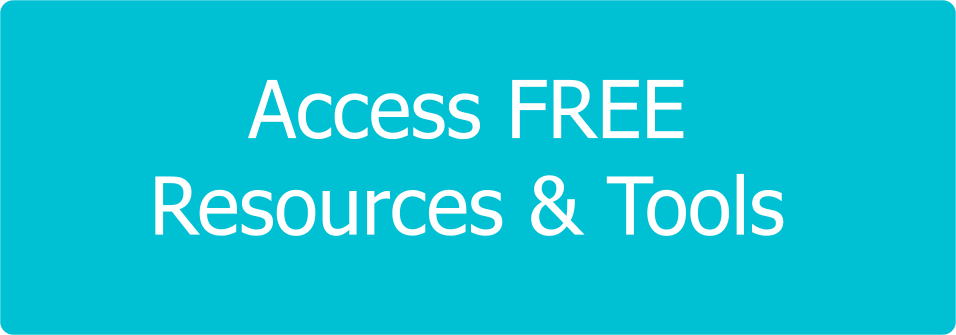Growth Hack to Setup an Effective Content Optimizing Strategy
Content Marketing is a trending topic these days. This is because it doesn’t matter the kind of online business you own; you can’t make it visible in the competitive online world if you don’t consistently post high-quality, unique, and engaging content.
Content Marketing is a blend of art and science.
The art is about creating unique and engaging content, and the science phase is about making the content optimized with the right keywords so that search engines love it and prefer it over all the other content pieces out there.
So, how can you make sure that you create an effective content optimization strategy that works?
This is exactly what we are going to explore in this content marketing guide.
Here are the seven most important factors that you need to consider when setting up an effective content optimizing strategy
7 Key Factors for an Effective Content Optimization Strategy
1. Identify Your Goals
The first step towards creating an effective content optimization strategy is to identify the goals that you are after.
Once you have a clear set of goals in mind, you can direct your content marketing efforts based on that.
For example, if you want to sell your products and services, your content should be based. Therefore, you will need a lot of copywriting and persuasive content to get people to trust your brand.
Also, a well-defined set of goals for your content marketing strategy will help you keep things on track. You’d be able to know instantly whether you are succeeding or failing with your content marketing efforts.
2. Know your Audience
You need to research your audience and find out the kind of content they are into and their language.
This information is necessary for creating content that works. For example, if you are working in a niche with many younger people as its primary audience, you’d need to use a more informal language.
If you are serving in an area with a bigger adult audience or a specific audience section that prefers a formal approach more, you’d need to create content that works for them.
It is never a good idea to use a general content marketing approach and expect it to give you the results that you want.
3. Do Keywords Research
Keywords Research is an integral part of every content optimization strategy. You need to create content around a keyword if you want search engines to pick it up and analyze it for ranking.
It would help if you came up with the main keyword and about 4 to 5 related keywords that you will need to use in the content.
In one of the headings, the main keyword should be in the first 100 words and should come in the content as per the recommended keyword density standards.
So, you need to find high-volume and low competition keywords and use these phrases to create your content. This greatly increases your chances of creating content that search engines prefer and rank it as compared with similar, less optimized pieces of content.
4. Create a Content Calendar
A content calendar is something that every content marketer needs to work on. It is an editorial outline that tells you the topics that you need to work on and when you need to post them.
If you truly want an organized approach with your content marketing efforts, you need a content calendar for that.
A content calendar will make you never run out of ideas. You can put together many content ideas in this calendar and start working on them one by one.
When topics start to end, you can do the keywords Research again to find more topics that your audience is searching for.
After that, you can create content on these topics. You can also use a free plagiarism checker to ensure that the content you have created is free of plagiarism.
This step will ensure that the content is properly optimized without any risk of duplication.
5. Optimize the Content Metadata
Beginners in content marketing often overlook this seemingly unimportant content optimization opportunity. But you can greatly influence the effectiveness of your content marketing strategy with the help of these factors.
You need to optimize the metadata of your content by using the main keywords in it.
Metadata for the content includes the title of the content and its Meta description. The title of the content should be between 50 to 60 characters. The Meta description should be between 150 to 160 characters.
You need to optimize both these metadata elements with your main keyword for the content. This helps maximize the content relevancy search engines are more likely to favor the content in this case.
6. Share your Content
Once you have created content that is truly valuable and resonates with your targeted audience, it will attract traffic to your website. You can maximize the traffic coming to your website by sharing your content with your email list via a newsletter.
You can also leverage social media to share your content and attract traffic from popular social media websites. But your content needs to be unique, engaging, and high-quality for that to work.
If you find it hard to create unique content, you can use a rewording tool to create share worthy content.
Creating content is just not enough for an effective content marketing strategy. You need to share it on all the platforms to get the best results.
7. Keep Working on New Content Ideas
Your content optimization strategy is only as good as the amount of effort that you are willing to put into it. If you create content every once in a while, it just won’t bring you great results.
It would be best if you kept coming up with unique and engaging content faster than your competition. Use the content calendar that you have created for yourself and come up with content according to that.
If you ever run out of ideas, get back to the keywords research or analyze your competition to find new content ideas.
As you keep working on new content ideas, it will make your online platform seem more relevant and active than your competition. And search engines prefer quality and relevancy over everything else.
Final Words
The most important thing when creating an effective content optimization strategy is to stay true to yourself. If you try and express yourself as an expert in an area that you don’t know a lot about, your audience will instantly know it.
So, you need to make sure that you express your most authentic self with your content and only share the ideas you have expertise in to guide your audience in the best possible way.
This approach, combined with the use of the right keywords, will help you create content that your users and the search engines will fall in love with.
This is all there is to it! We highly recommend that you keep the above points in mind when setting up an effective content-optimizing strategy.
If you have any questions about content marketing, feel free to reach out to us.

















